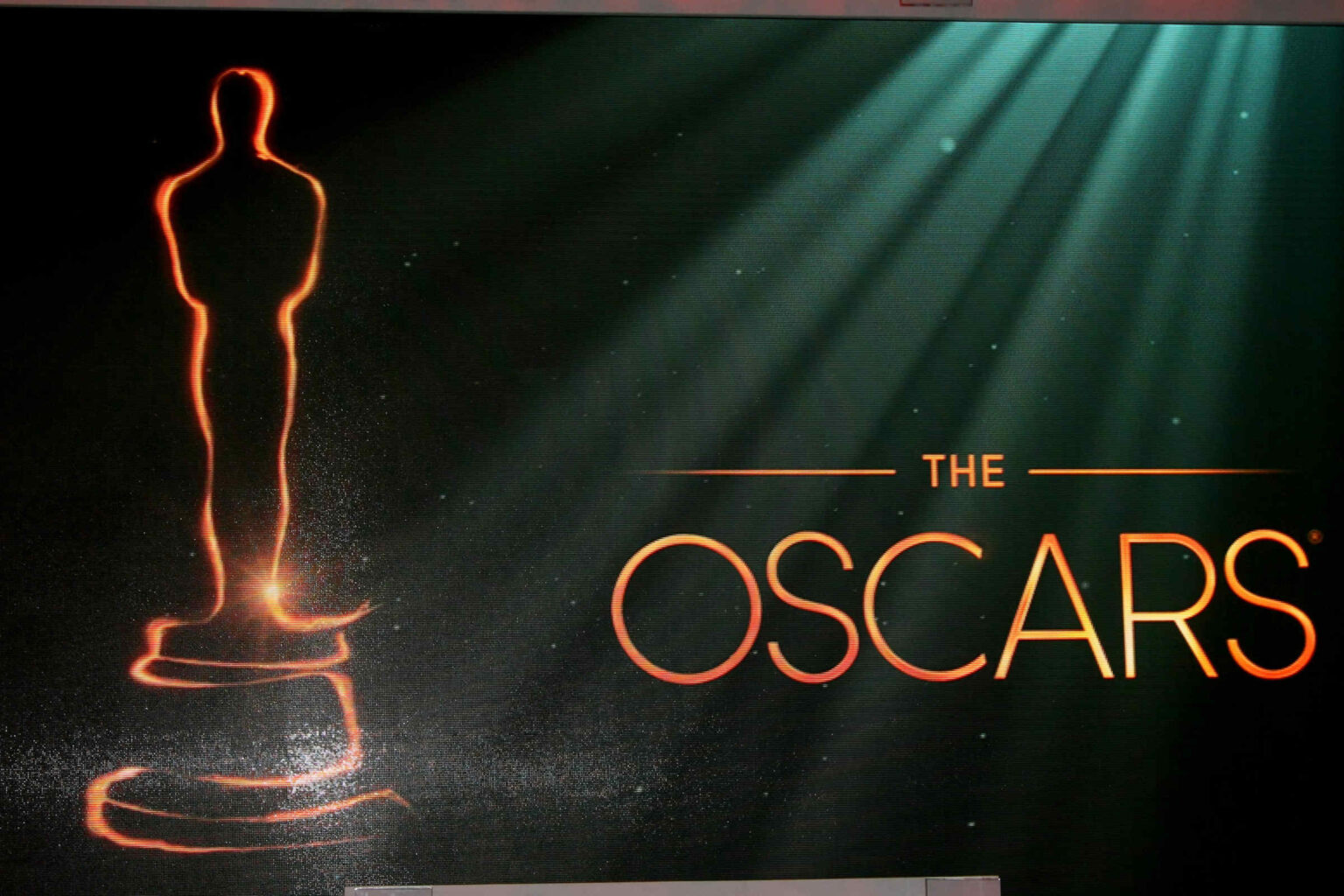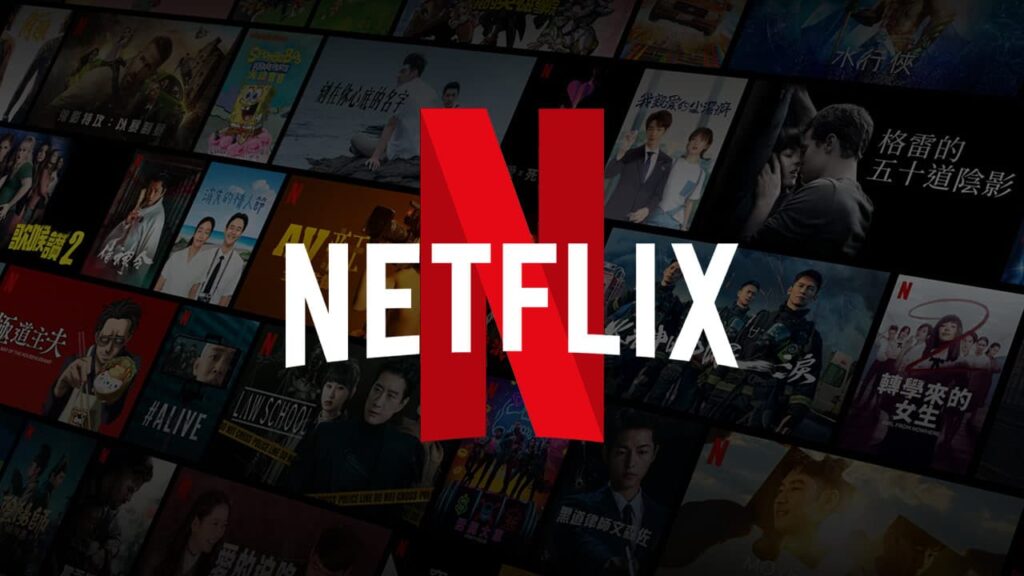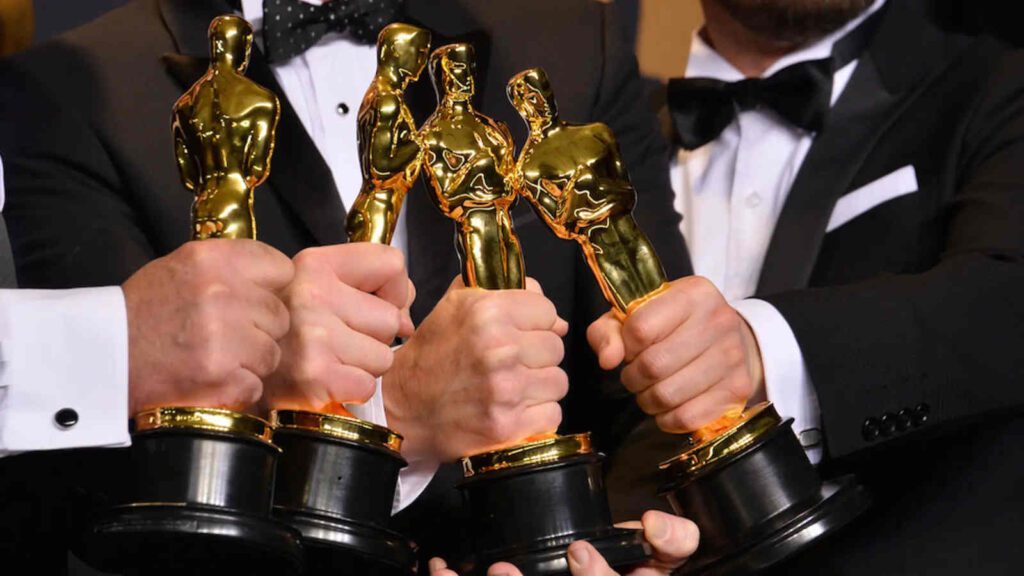
‘Black Mirror’: Does Netflix want to replace their actors with AI?
Is Hollywood on the brink of an unprecedented revolution? A few weeks ago, it seemed like SAG-AFTRA, the major actors’ and performers’ union, was on the verge of a landmark agreement with Hollywood’s big guns.
SAG-AFTRA President Fran Drescher assured the union’s whopping 160,000 members that negotiations with the Alliance of Motion Picture and Television Producers (AMPTP) were making strides, painting a picture of unity and strength. However, this week, the plot thickened, and now Hollywood finds itself on the precipice of the first major actors’ strike in over four decades.
What becomes of actors when life resembles a real-life episode of Black Mirror? More importantly, what about Black actors? Let’s dive into th black truth of the matter and see just how much Black actors’ futures and Black Mirror coincide here.

Snuffed Out
Drescher’s assertive stance gave hope for a groundbreaking deal. The talks, however, hit a brick wall. On Thursday, the SAG-AFTRA board members announced a unanimous decision to strike against the studios. Hollywood actors plan to join their writer counterparts on Friday morning, who have been on strike since early May, picketing outside major film and TV studios in Los Angeles and New York. The question is, where did it all go wrong?
There were numerous obstacles that threw a wrench into the negotiations, making it near impossible to reach a deal in just over a month of bargaining. Major contractual disputes — over basic pay, streaming residuals, and the looming shadow of artificial intelligence — remained as constant barriers. These roadblocks made the anticipated breakthrough for a historic agreement a far-off dream.
As the clock ticked down to Wednesday’s midnight deadline, union leaders reached out to studio executives, including Netflix CEO Ted Sarandos, Warner Bros. Discovery CEO David Zaslav, and Walt Disney Co.’s co-entertainment chiefs Dana Walden and Alan Bergman.

A Red Carpet Showdown
They pleaded with the industry heavyweights to break the deadlock. But Disney chief Bob Iger took to CNBC early Thursday, accusing actors and writers of failing to recognize the harsh economic realities the entertainment companies face amidst shifting consumer behavior.
The AMPTP, which represents the companies in the negotiations, claimed that they had proposed a deal with record pay and residual increases, and other protections, including measures against the use of artificial intelligence. The AMPTP lamented that the union had chosen a path of financial hardship for thousands depending on the industry. But who is truly responsible for understanding the plight of Hollywood’s working class?
Union members, including those of SAG-AFTRA and the Writers Guild of America, argue that it’s the media companies — including Disney, Netflix, Warner Bros. Discovery, Paramount Global, Amazon Studios, and Sony Pictures Entertainment — that fail to comprehend the harsh realities of Hollywood’s workforce in the streaming era.
At a Thursday announcement at the union’s Wilshire Boulevard headquarters, Drescher and other union leaders declared their decision to strike, warning of the peril that looms if they don’t take a stand against being replaced by machines and big businesses who care more about Wall Street than individual livelihoods.

What next
The strike, set for Friday, means that scripted film and television production is expected to come to a standstill. Analysts warn of immense economic fallout throughout Los Angeles, with potential long-term changes to the entertainment industry. Some studio executives even predict that the strikes could extend into the fall.
Only a few weeks ago, such a grim scenario seemed unlikely. Drescher, alongside SAG-AFTRA’s chief negotiator, National Executive Director Duncan Crabtree-Ireland, appeared confident about the negotiations. Now, it’s clear that the key sticking points — fundamental pay disputes, revenue sharing from streaming platforms, and concerns over artificial intelligence — have remained unresolved.
So, as Hollywood teeters on the edge of an industry-altering strike, we are left wondering: what comes next for Tinseltown? Are we about to witness an overhaul in the way the entertainment industry works?



